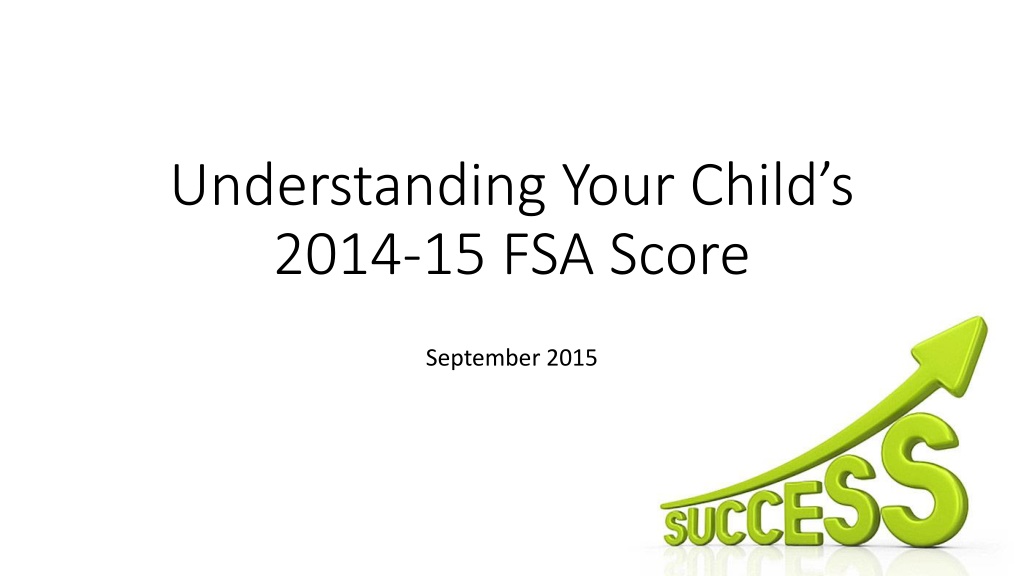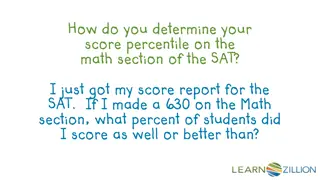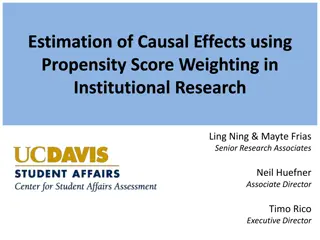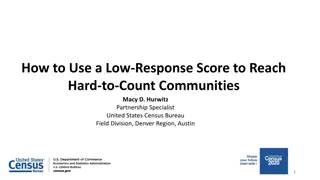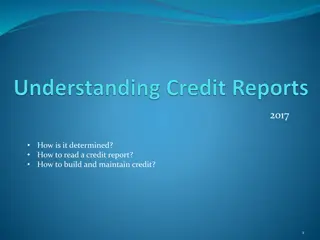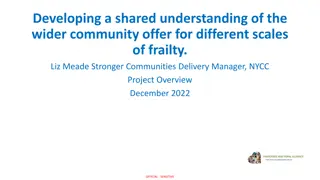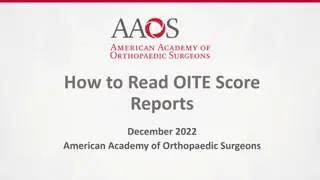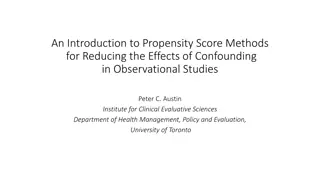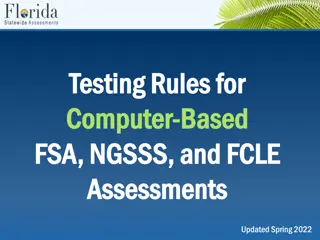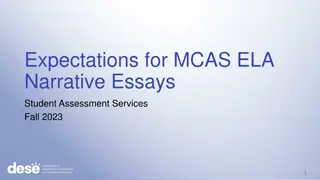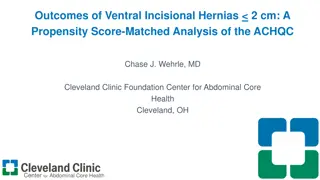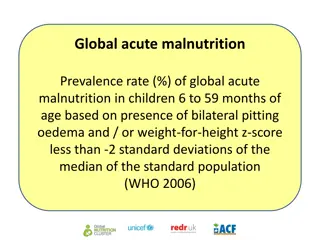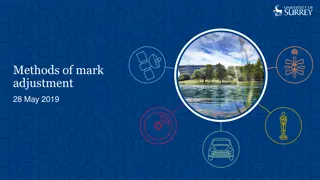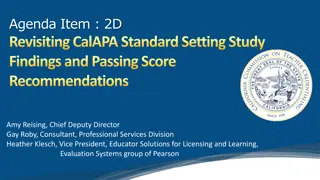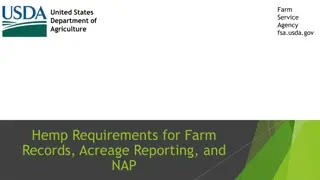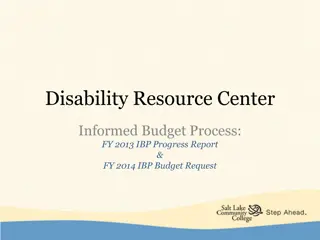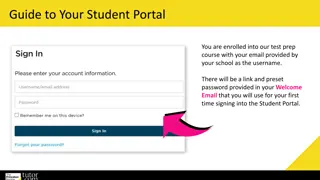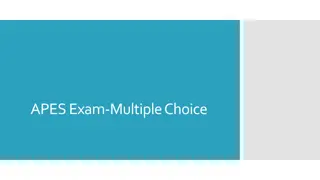Understanding Your Child's 2014-15 FSA Score
The Florida Standards Assessment (FSA) replaced the FCAT 2.0 to measure student progress and achievement based on new, rigorous Florida Standards. FSA covers English Language Arts (Grades 3-10) and Mathematics (Grades 3-8), along with subject-specific End of Course exams for Algebra 1, Algebra 2, and Geometry. Learning gains were not measured in the first year of FSA administration. Achievement levels for the 2014-15 FSA are pending as the standard setting process continues.
Download Presentation

Please find below an Image/Link to download the presentation.
The content on the website is provided AS IS for your information and personal use only. It may not be sold, licensed, or shared on other websites without obtaining consent from the author. Download presentation by click this link. If you encounter any issues during the download, it is possible that the publisher has removed the file from their server.
E N D
Presentation Transcript
Understanding Your Childs 2014-15 FSA Score September 2015
What are the Florida Standards, and what is the Florida Standards Assessment (FSA)? The Florida Standards, adopted by the State Board of Education in February, 2014, after a process of public input and review, emphasize preparation for college and career success. With new, more rigorous Florida Standards in place, the FCAT 2.0 no longer serves the purpose of measuring student progress and achievement. The Florida Standards Assessment, called the FSA, measures the new Florida Standards.
What subjects/grade levels take the FSA? FSA English Language Arts: Grades 3-10 FSA Mathematics: Grades 3-8 FSA Algebra 1 End of course exam (EOC): Students enrolled in Algebra 1 course FSA Algebra 2 EOC: Students enrolled in Algebra 2 course FSA Geometry EOC: Students enrolled in Geometry course
What subjects/grade levels take the FCAT 2.0 still, or the non-FSA End of Course exams? Grades 5 & 8: FCAT 2.0 Science Students enrolled in Biology: Biology EOC Students enrolled in US History: US History EOC Students enrolled in Civics: Civics EOC
Are learning gains being measured in 2014-15? Because 2014-15 is the first year of FSA administration, learning gains are NOT being measured for this year. In prior years, learning gains allowed school districts to show progress being made by students, even if the student did not achieve an on- grade-level/proficient score (achievement level 3). Example: Remy scores an achievement level 1 on the grade 4 assessment. The following year, he scores an achievement level 2 on the grade 5 assessment. Learning gains give credit to the school for improving this student s score, but the proficiency- only model being used in 2014-15 only looks at the fact that Remy failed to earn a proficient score of achievement level 3.
Will my child receive an achievement level (1- 5) score for the 2014-15 FSA? Achievement levels describe the success that a student has achieved on the state assessment. These levels are only determined after a test has gone through the standard setting process. Because this process is still underway by the Florida Department of Education, student scores reported in September will be t-scores and percentile ranks. Achievement level scores like the ones we have seen in years past for the FCAT will be available some time in January 2016.
What is a percentile rank? A percentile rank tells you what percent of other students in the state of Florida earned the same or lower score on the test. Lower score Higher score
What is a t-score? A t-score is another way of reporting percentile rank. The mean t-score, or midpoint t-score, is 50. This means that a student who earns a t-score of 50 scored better than half of the students in the state who took the test and scored lower than half of the students in the state who took the test. 2.28% of students 2.28% of students 13.59% of students 34.13% of students 34.13% of students 13.59% of students 50 (mean)
What is an example of a t-score, and what does it mean? Emma received a t-score of 60, which is equal to a score of the 84th percentile. This means that 84 percent of students scored lower than Emma on the test, and 16 percent of students scored higher than Emma on the test. 60 30 40 60 70 Lower score 50 Higher score
When will my child receive an achievement level (1-5) score for the FSA? Beginning in 2015-16, students who take the FSA in the spring administration will receive an achievement level score ranging from 1- 5. Just like with the FCAT 2.0, a score of achievement level 3 is an on- grade-level, proficient score.
